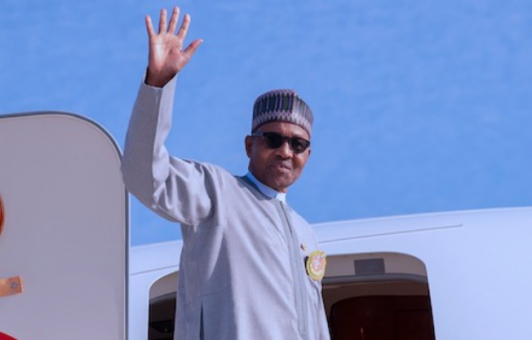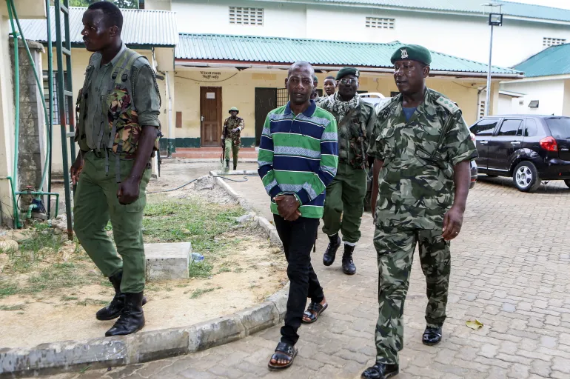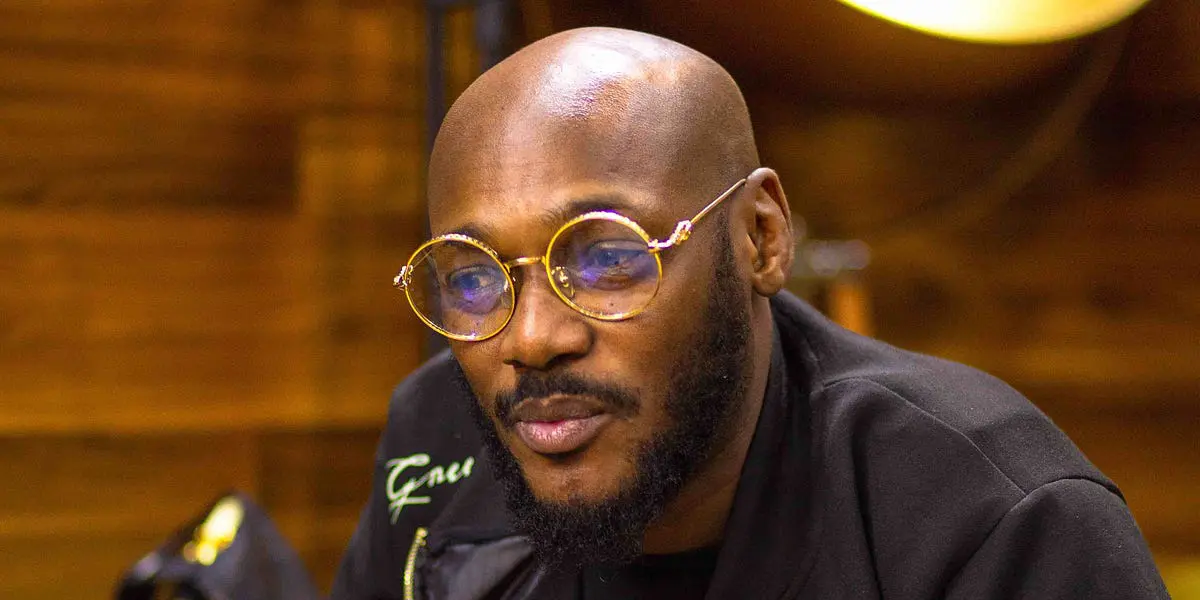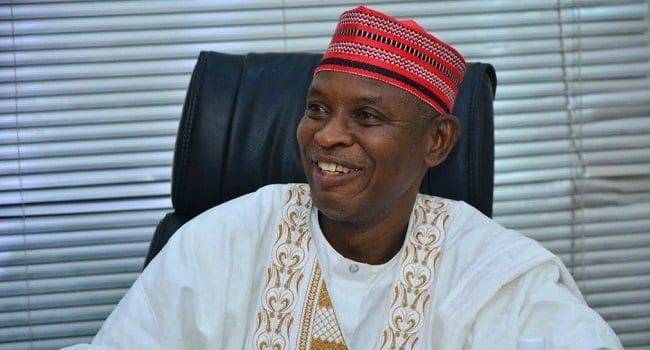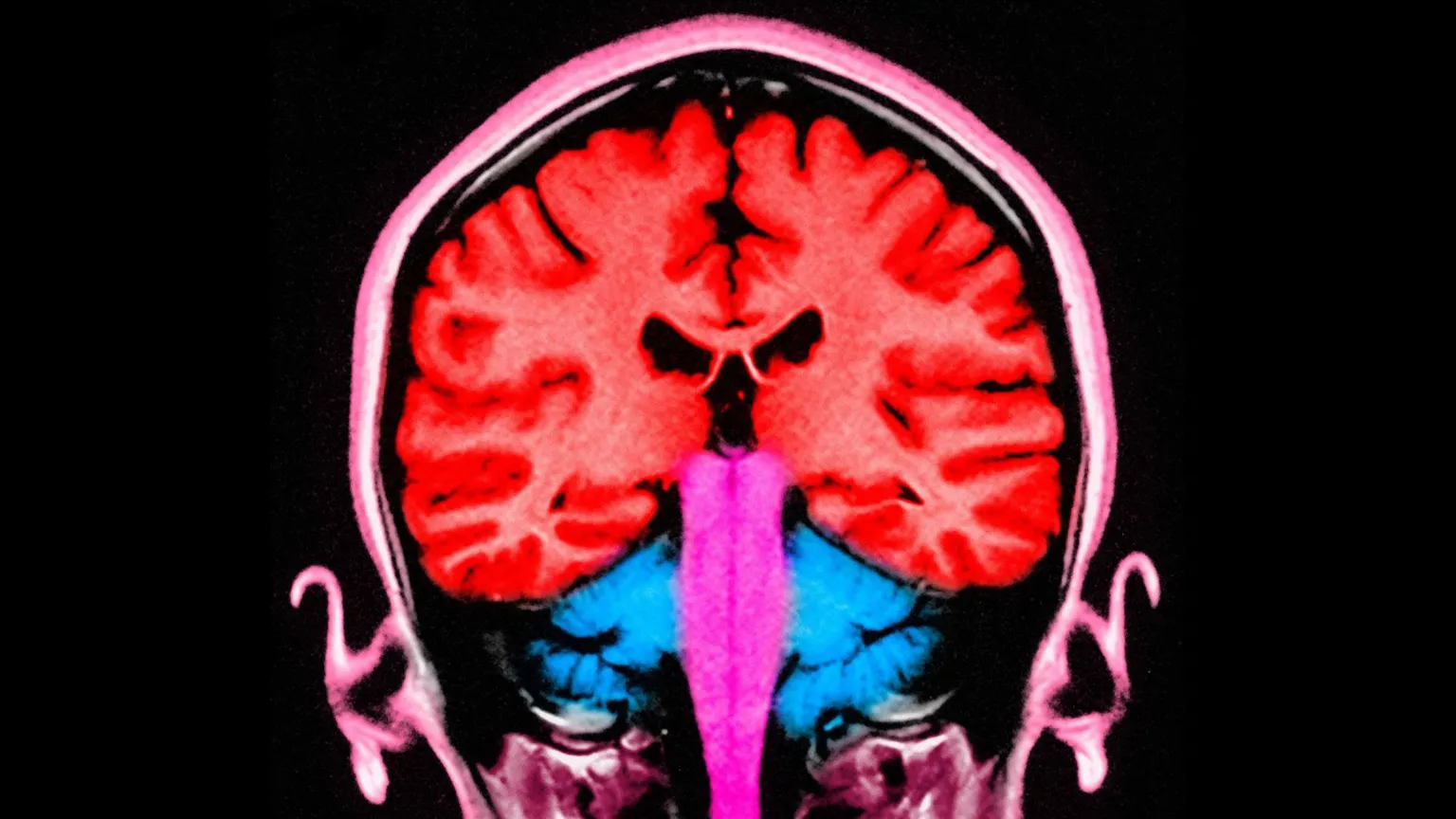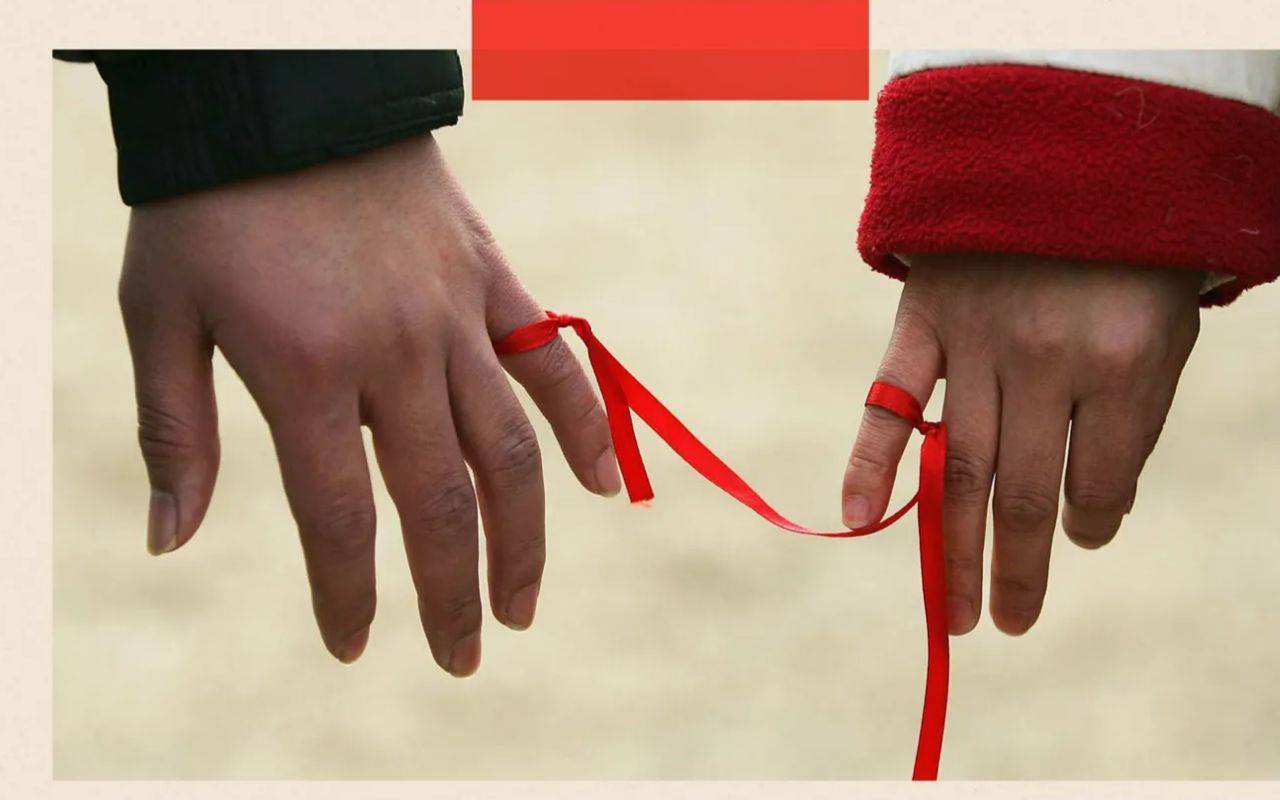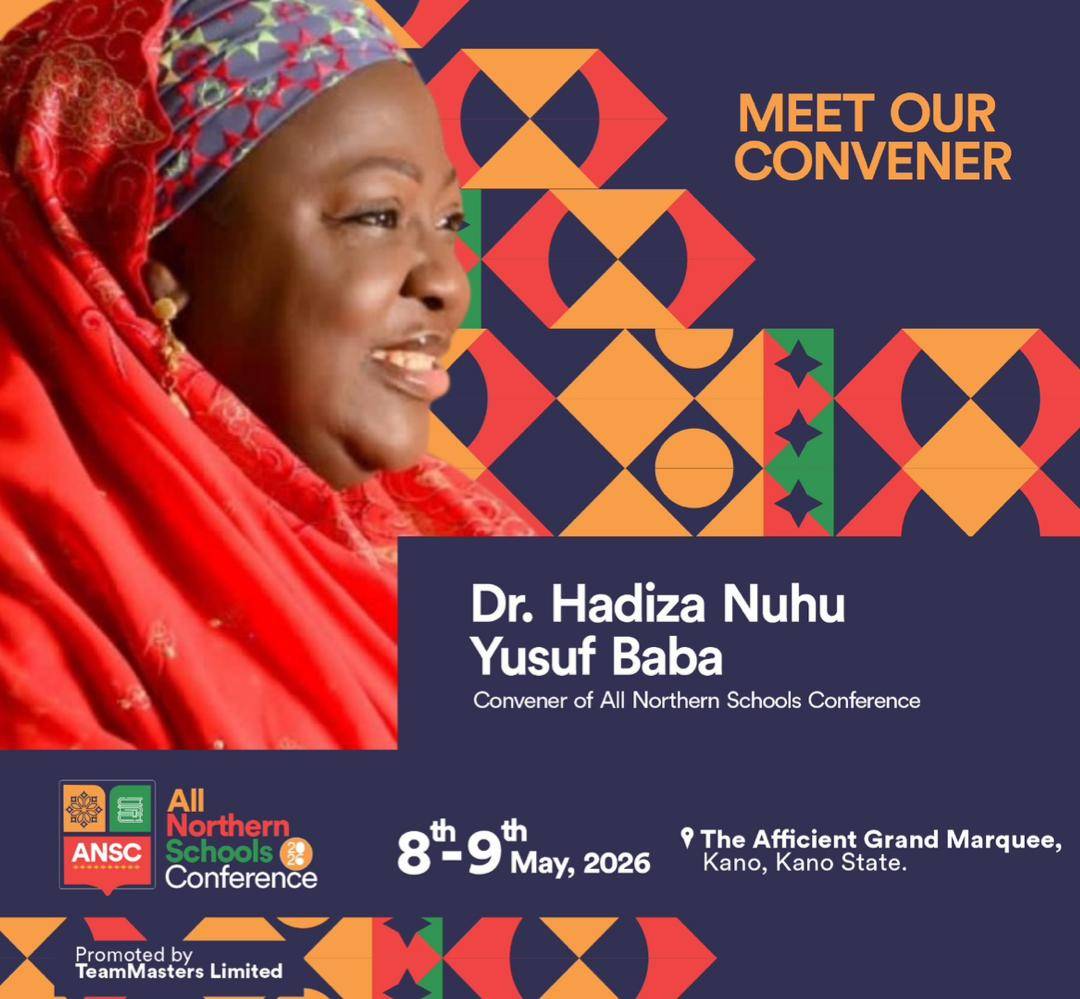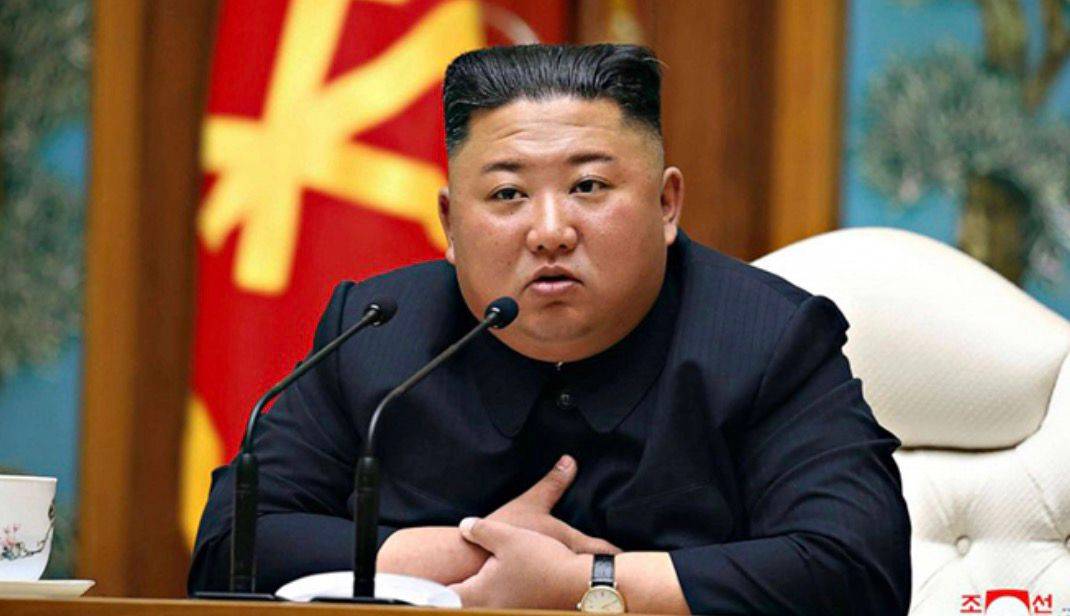By Sam Omatseye
As former President Muhammadu Buhari lay, wrapped in his final shroud, in his tranquil bed, some politicians started to exploit the man’s afterglow. That afterglow, in quest for a better word, I would describe as his crowd. Some will call it his structure.
Before he passed on, some cynical politicians did not offer the man a peace in his hearth. They turned him into a shrine of sorts, as though by bowing and flattery they could automatically take over what Boss Mustapha described as his 12.3 million followers.
Especially in Kaduna, they became dubious pilgrims powered by messianic self-delusions.
The man did not give them what they sought, especially some of them from the north who appeared to be his faithful servants, including former Kaduna State governor, Malam Nasir El-Rufai, Abubakar Malami, etc. They shrouded themselves as his inheritors, the custodians of his legacy, the messengers of the might he left behind.
The same fellows should have asked a pertinent question when the man died. Where were the 12 million folks in his funeral hour? Where were their tears and where were their wailing agonies on the streets? They should have known that the 12 million exist, but they do not exist under anyone’s umbrella anymore.
They are there for the taking. They have been there for the taking even before the man died, or even before the man left office.
If Buhari was a man of integrity, it is now clear that integrity is not enough to govern.
He was a rose in a sty, but a rose cannot extinguish a sty’s scent.
That is what we are left with. The 12 million expected much from their man who was known as Sai baba. But two things account for why that crowd is now there for the taking.
One, according to this reporter’s investigations, the northern streets expected him to unleash a campaign against the high and mighty who oppress the talakawa. They waited in vain.
“The northern poor loves you when you deal with the rich people,” a fellow told me from the north.
But more important is that the man had a vision to help the talakawa, and that accounted for the formation of the humanitarian system under the charge, initially, of vice president Yemi Osinbajo. Buhari was sanguine about this project, and it included, among others, conditional money transfer. What happened to the billions that Buhari devoted to the rescue of the poor?
That is a query his men, especially the former governors of the north, must answer. And this must include, his aides and ministers who were associated with this project.
Much of that fund did not enrich the poor. Rather it alienated and further pauperised the northern talakawa.
The template was wrong from the beginning. They did not tell president that, to reach the northern poor, they did not need to depend on conventional banks.
The vice president then who held the ace did a lot of work visiting the communities in the south. If it did not pull weight in the south for all the investments, how could it have done well in the north. There was a palpable disconnect between ideas and people.
The reason was that most states in the north have too few bank branches, and it became almost impossible to reach these people. In the south, some states have bank branches enough to dwarf five or six states together.
Take away Lagos or Abuja, but just look at Delta and Akwa Ibom. Both states have more bank branches than 10 northen states put together, except perhaps Kano and Kaduna. Yet, a lot of money was allocated, year-on-year, for this task.
National Assembly investigations revealed that much of the money was not accounted for, and it led to a wave of angry rhetoric. Yet, the northern governors who held the key to saving it did not rise to the occasion.
Buhari’s aides also were dead from the neck up. N-Power, the name we knew it by, was impotent for the throng in the north.
The poor had hoped, and Buhari believed. But in the end, hope and belief collapsed on the incompetence of politicians whose devotion to their boss’ ideal was cynical and self-serving. That was how the big, swirling masses lost gusto and became disillusioned.
Before his death, Buhari was aware of this and his comments reflected a sense of acceptance that he might have done things better. He took it as a man.
So, when he received these slobbering, fawning politicians in Daura and Kaduna, he was aware these same politicians were undertaking a futile search. They were in phony worship of a shrine but they had betrayed the deity.
In the last part of his reign, Osinbajo had to be decoupled from the humanitarian project because the operators had failed the ideal.
Buhari reorganised it, but there was no zeal or integrity among those who took over. In the end, they alienated him from his beloved folks.
So, when a man like Boss Mustapha speaks of a 12.3 million crowd, he should look at the mirror because he was, as the government’s scribe, in the centre of connecting his boss with his crowd. He failed, and woefully.
It is the way of charismatic folks that once they leave, their followers are like sheep without a shepherd. The followers are no longer there for plucking.
Whether it is Awo, or Sardauna, or Mandela or De Gaulle or Josip Bros Tito, once they depart the stage, no one claims their followers.
They are open to new ideas, new entreaties and entrances, new wooers, new charismas. They are fresh clay waiting for new moulders.
So, those who say they belong to the CPC, and they inherit his followers, have no sense of history. When he left ANPP, did the party not become a ghost? It was his charisma, his spiritual face, his magnetic carriage, aura of rectitude that pulled the crowd. The CPC folks should stop deceiving themselves.
Again, men like Atiku and their new ADC squatters should not forget that they are following a phantom, not a crowd.
They are inaugurating the new form of politics that may be termed the politics of absent crowd. Nothing demonstrated this more than the crowd’s lack of eruption of funeral agony as the man passed. It should be a cause for pause, for contemplation rather than exploitation by all these politicians who have no other ideas but to walk on the man’s grave. If anything, it shows that the masses cannot always be taken for granted.
When De Gaulle resigned as French leader, he expected to see a throng outside his window the next morning.
His ambience was as quiet as a wilderness. He was to learn that you have to always cultivate the people. De Gaulle must have felt like the character in Ishiguro’s Nobel Prize-winning novel written decades later titled: The Remains of the Day, in which the main character thinks of what might have been if he cultivates his loved one at the right time.
Buhari has done his bit and left, but these cynical politicians are looking for pieces.
The ADC folks are looking for the remains of the man, whereas they should have done the right thing when he gave them the window and wherewithal to save the talakawa. They did not sow with him, and now they want to reap. They failed, so they are finding it hard to sail.


